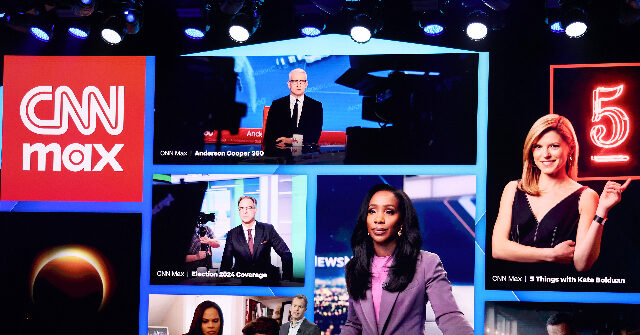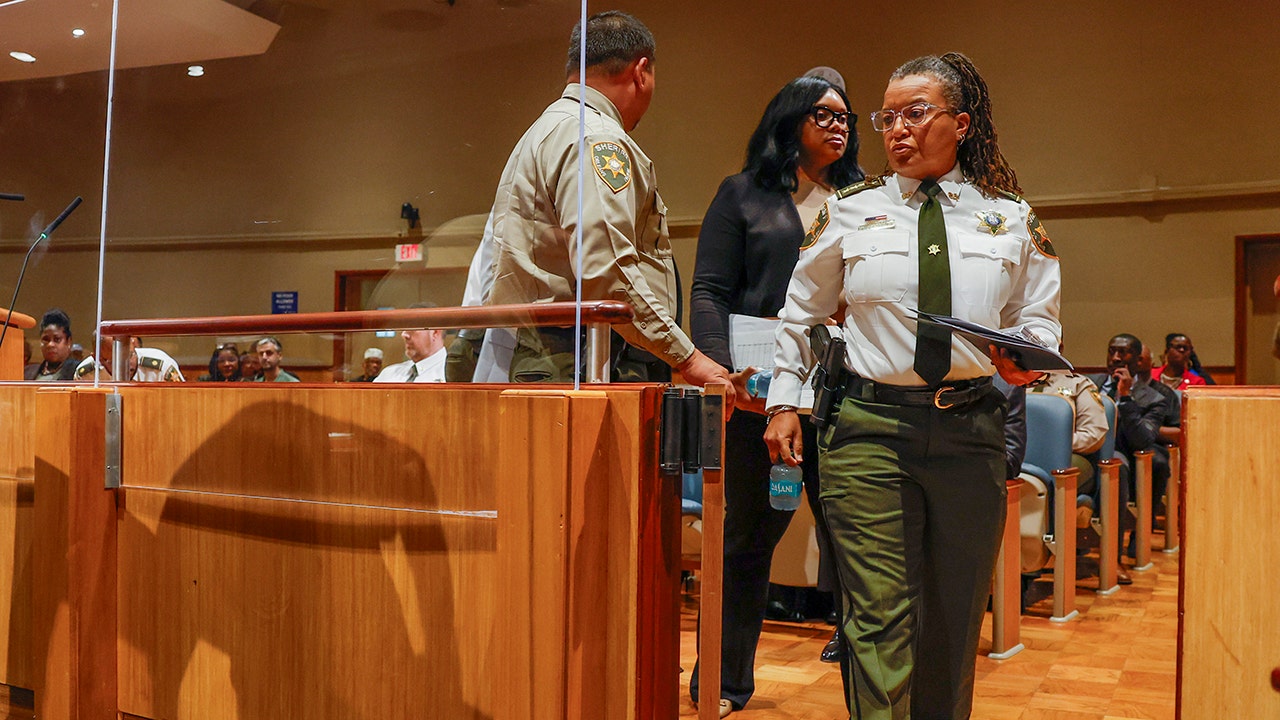It seems like college campuses are no longer just places for students to grumble about cafeteria food and biased professors; they’ve become battlegrounds for ideological disputes. Take West Virginia University, where Jewish student Eliyahu Itkowitz faced backlash for handing out a pro-Israel book. A cafeteria worker complained, claiming he called her a “terrorist,” though Itkowitz insists he only said she was “anti-Jewish.”
The Foundation for Individual Rights and Expression (FIRE) stepped in, demanding WVU revoke the “no-contact order” against Itkowitz. They argue that the university’s policy of investigating protected expression has been misused to silence ideological opponents. Jessie Appleby from FIRE highlighted a similar prior investigation against another student who protested pro-Palestinian demonstrations.
Rupa Marya, a former part-time medical professor at the University of California, sued the institution after being suspended. Her troubles began when she expressed concern about a student who had recently arrived from Israel, suggesting he could be linked to the “ongoing genocide” of Palestinians. UCSF Chancellor Sam Hawgood quickly responded, denouncing the targeting of students based on national origin.
Marya, who also leads the band Rupa and the April Fishes, is no stranger to legal battles. She was the lead plaintiff in a prominent lawsuit over the ownership of “Happy Birthday to You” lyrics. In response to the inquiries about the lawsuit, UCSF stated they couldn’t comment due to privacy laws, while WVU promised to respond later.
Handing out literature on campus has previously led to successful lawsuits, with FIRE securing settlements over free speech violations. WVU has a history of controversial policies, including infringing on due process rights and imposing vague speech requirements on faculty. WVU President Gordon Gee, known for his outspoken nature, once sparked controversy at Ohio State with remarks about Notre Dame.
Cafeteria worker Hannah Harper’s first complaint against Itkowitz stemmed from him distributing Alan Dershowitz’s book “The Ten Big Anti-Israel Lies.” The Muslim Students Association had warned Harper about Itkowitz after a social media post accused him of harassing Muslim students. This led to a call for students to report feeling “uncomfortable” or harassed.
Harper filed another complaint in January when Itkowitz returned to the cafeteria. She claimed he was barred from the area, but campus police found no evidence of such a ban. Witnesses didn’t support Harper’s claims, and many didn’t recall any interaction between her and Itkowitz.
Harper later alleged she overheard Itkowitz call her a “terrorist” in November, prior to the book incident. Appleby argued that Harper’s allegations involved conduct protected by the First Amendment. The no-contact order was deemed unnecessary and potentially chilling to free speech.
The University of California faced pressure after Marya’s post, as federal funding for its health sciences campus was at risk due to alleged antisemitic harassment. Democratic State Senator Scott Wiener criticized Marya for fostering a hostile environment. The San Francisco Chronicle reported that Marya had a history of claiming Jewish doctors harm patients.
Marya’s lawsuit against UCSF highlights ongoing tensions over free speech and academic freedom. As universities navigate these complex issues, they must balance protecting individual rights with maintaining a respectful campus environment. The outcomes of these cases could set important precedents for how similar disputes are handled across the country.



